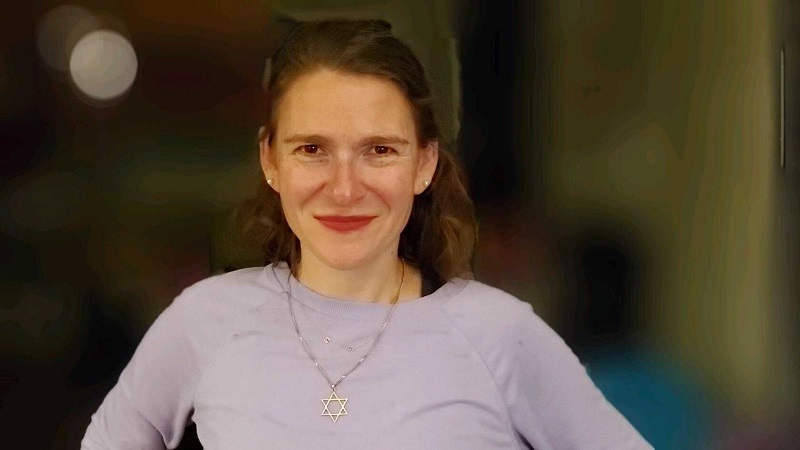There are certain items I take with me wherever I go in life. I have a small siddur that lives in my backpack. I wear a necklace daily with my children’s initials on it so that they are always near my heart, and often my father’s Jewish star necklace accompanies me for special and important occasions. I even have voicemails saved from my mother and father that I don’t delete off my phone so I can always hear their voices. There’s something comforting about carrying with us these tangible items that connect us to our past, or to a moment of strength. Perhaps you carry a special picture or letter in your wallet or wear a loved one’s jewelry every day. Whatever it is, the object or sentiment probably brings you a similar strength, connection, and comfort.

This concept isn’t new; as far back as the Torah, communities maintained physical representations of their connection to those who came before them. We see it especially in this week’s Torah portion, Parshat Beshalach. We find the children of Israel on their journey out of Egypt into the wilderness. The Egyptians go after them, but God intervenes and saves them. The Israelites continue through the highs and lows of moments of bliss and wonder at the new, free world around them, as well as moments of toddler-like exasperation at God because their journey through the desert is less than ideal. God provides manna, and the people want more. God provides water, and the people complain that it doesn’t meet their standards. Parents, you know how this goes.
Back when Moses and the Israelites are preparing to leave Egypt, they start packing their belongings, organizing their flocks, and gathering the things they might need on the journey. Moses’s packing list is shared explicitly in chapter 13, verse 19. “And Moses took with him the bones of Joseph, who had exacted an oath form the children of Israel, saying, ‘God will be sure to take notice of you: then you shall carry up my bones from here with you.’” Yes, Moses goes to get Joseph’s bones so he can carry them out of Egypt with the nation.
Why the bones? For one thing, it was Joseph’s dying wish, so that surely gives the act veracity, but what was the reason behind it? Why not an article of clothing or a tool of some kind? Perhaps the bones, which are connected to human physical strength and structure, symbolized strength of character as well. To be a proper leader in Israel, Moses needed to acquire the strength of Joseph, who dealt with similar circumstances. As a leader in Egypt, Joseph protected the region from starvation and thirst, and Moses knew the Israelites’ journey ahead might lack food and water. Joseph also forgave his brothers for their terrible treatment of him, and perhaps Moses wanted those bones as the reminder of what forgiveness might look like.
Most importantly, and maybe most obviously, through memories and objects, we carry with us those who came before us as a reminder of who we are and where we’re from. And carrying Joseph’s bones was just about the most literal way for Moses to carry his ancestor with him. These things we carry are really more about the people we carry and those they carried before us.



